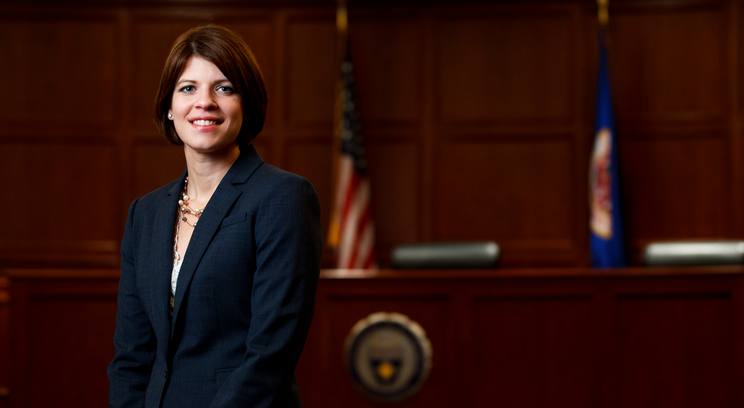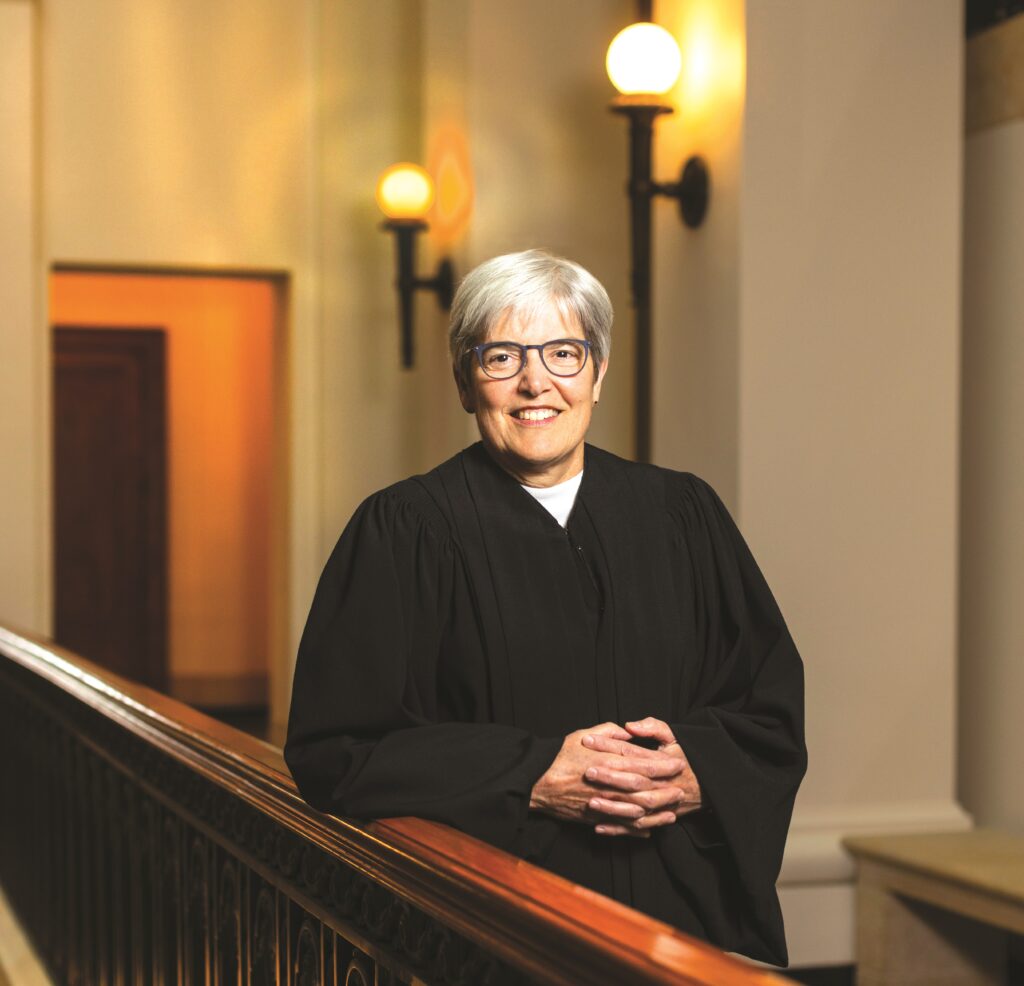“Government is not the solution to the problem, government is the problem.” Ronald Reagan spoke these toxic words at his presidential inauguration in January 1981. It is probable that no more destructive sentence than this has been spoken by an American president in modern times. For it injected poisons into the American body politic that courses through its veins even today.
A robust American government, directed by civic-minded leaders, supported by a bi-partisan consensus, was the beating heart of American greatness from the close of World War II to the last days of the 1970s. This was a government that did not timidly retreat from great challenges. Rather, it prevailed in large measure by conceiving and constructing great public works.
America's first grand gesture was directed outwards, toward a Europe laid prostrate by World War II. For four years, from 1947 to 1951, the United States, through the Marshall Plan, expended treasure and lent technical assistance to the rebuilding of Europe. Our generosity extended even to our mortal enemies – the German nation against whom we had waged two bloody wars in a span of 30 years. The private sector could not restore a continent ravaged by war. But the concentrated power brought to bear by a beneficent American government accomplished the task.
But America, too, needed rebuilding, new infrastructure, new avenues of transportation and commerce. To this end, Republican President Dwight Eisenhower called on Congress to fund the construction of the Interstate Highway System, called by one historian "the largest public works project since the pyramids." Comparable in magnitude to the roads and aqueducts the ancient Romans stretched across their Empire, this system today dominates trade and travel within the United States. From groaning truckloads of freight to families on vacation, easy mobility across the nation is assured by the collective governmental effort that was the Interstate Highway System.
Nor should we forget the space program. Three months into his presidency, in May 1961, the Democrat John F. Kennedy pledged that America would send astronauts to the moon and return them safely home within the decade. The Republican Richard Nixon would see to this promise’s fulfillment a mere eight years later – one more triumph of American government in the pursuit of greatness.
And government was front and center, not only in the construction of roads and bridges, rocket ships and lunar landers, but in the betterment of men's hearts. For this truly was the enduring accomplishment of the civil rights movement. The Civil Rights Acts demanded that we treat our neighbors with decency and respect regardless of the color of their skin. It required something that no prior legislative enactment had dared to seek – the banishment of hatred from the precincts of the human mind.
To considerable extent, thanks to governmental oversight and involvement, enforcement and teaching, success has been achieved. Klan lynchings no longer routinely blot the American South. Schools and employment must be open to all. The races live together in greater familiarity and harmony than ever before in American history. This is not to deny that much remains undone, or that the threat of racial recrudescence is not real. But we must still acknowledge that we have made enormous forward strides and that without the resources of government such progress would have been unimaginable.
But all of this now seems as quaint as dirigibles and horse-drawn buggies. We no longer quest after greatness. Rather, we inhabit a petty, crankish, small-minded world in which politics is dominated by grievance and resentment. Republicans have had 30 years to make perfect this message: “We demand lower taxes! What has government ever done for you? It merely gives those other people, those slackers, something for nothing! Shrink government and drown it in the bathtub!” This is the constant, sickening refrain. We are not inspired to greatness, or urged to reach beyond ourselves. No, we are warned that some dark sinister presence just might have its hands in our wallet. Government is the problem, government is the problem.
The election just past, however, has given me hope, modest to be sure, that we may be about to break out of this destructive mindset, that we might once again see government as a force for good – and greatness – in the world.
Author: Charles Reid is a professor at the St. Thomas School of Law. He has a law degree from the Catholic University of America and a Ph.D. from Cornell University. His scholarship focuses on legal history.
Read more from St. Thomas Lawyer





